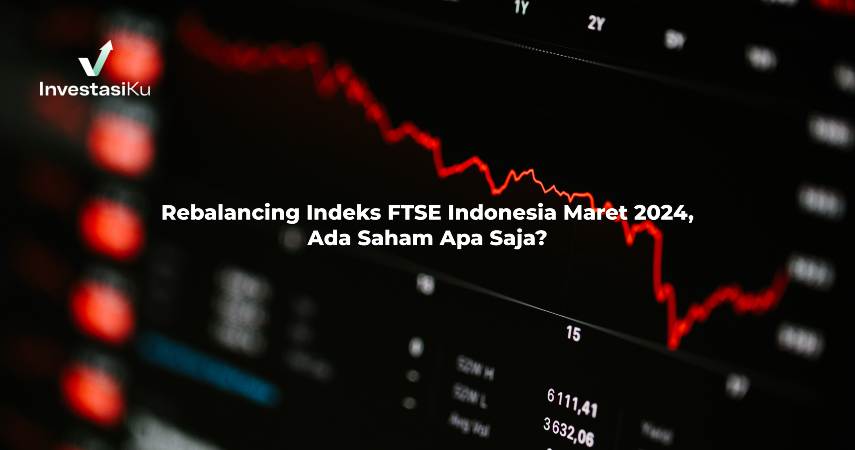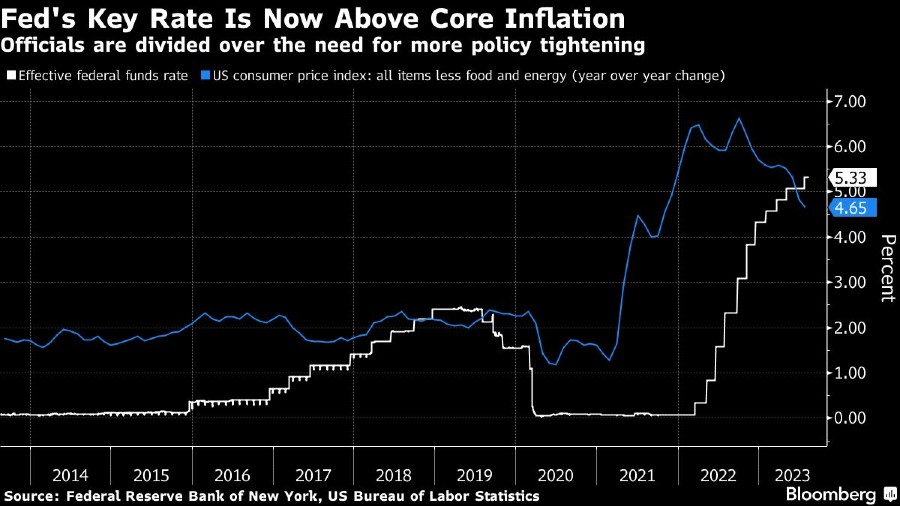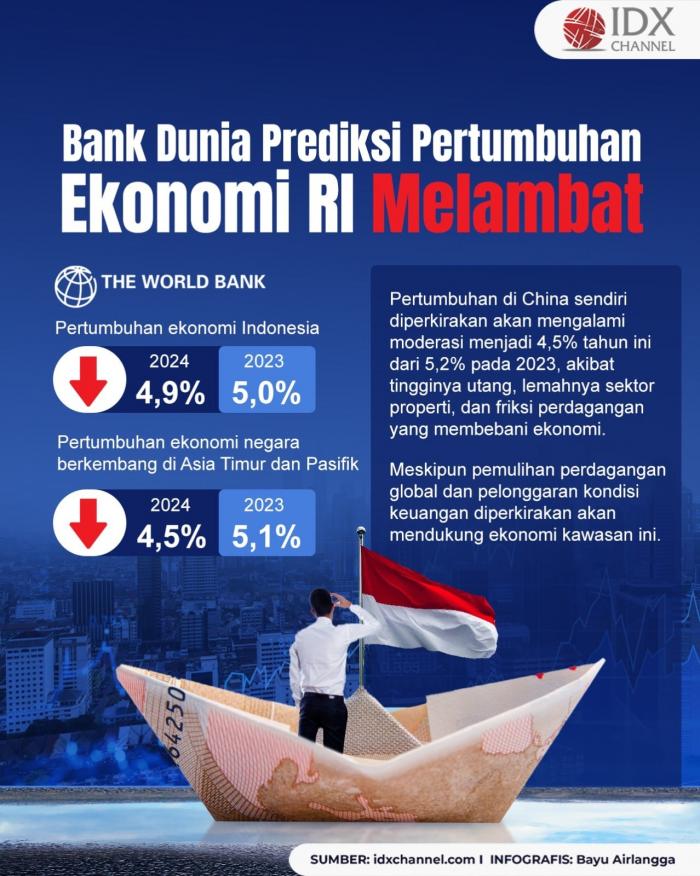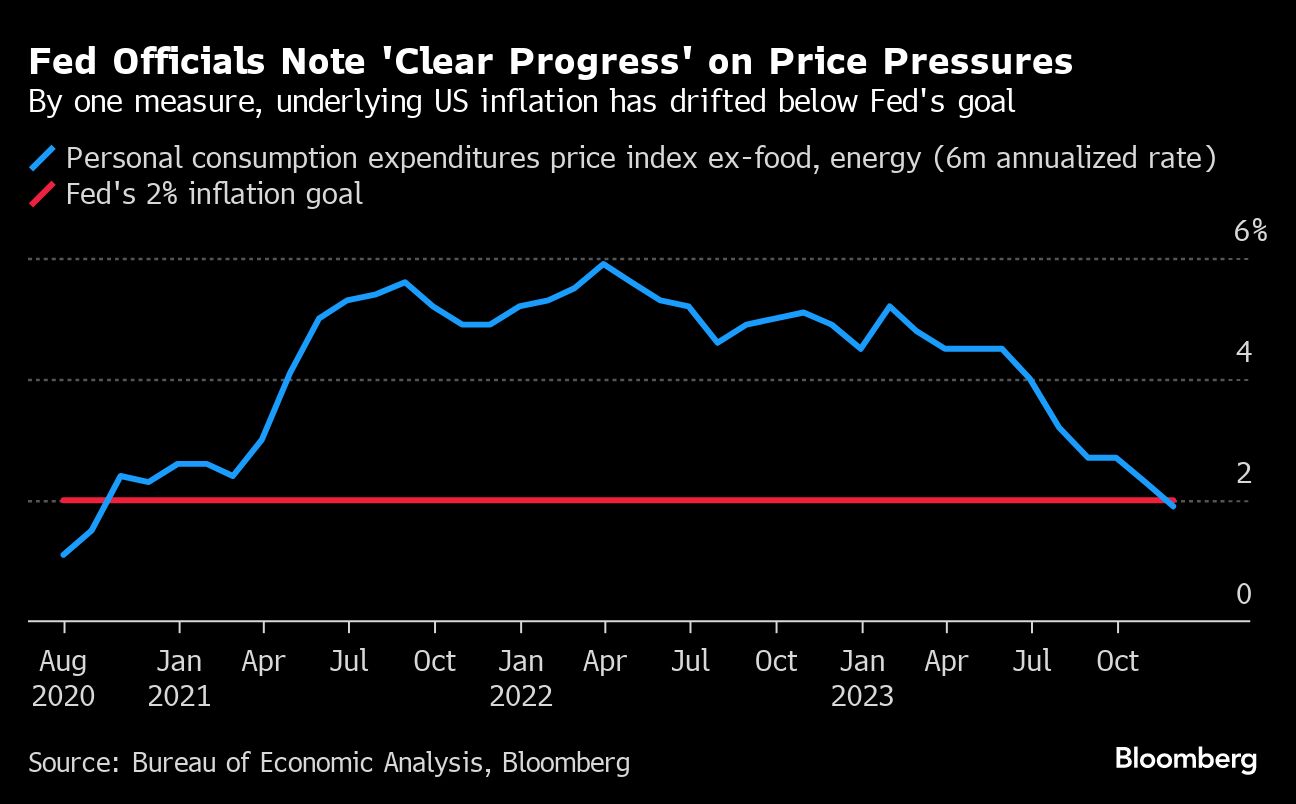Table of Contents
- Suku Bunga The Fed 2024: Dampak pada Saham Properti dan Strategi Investasi
- Ada Risiko 'Hard Landing', The Fed akan Pangkas Bunga Maret 2024 - Market
- The Fed Beri Sinyal Kebijakan Moneter Ketat hingga Inflasi Mereda ...
- Schroders Indonesia Outlook 2024: Makroekonomi
- Rebalancing Indeks FTSE Indonesia Maret 2024, Ada Saham Apa Saja ...
- Fed Funds Rate Naik jadi 2-2,25 Persen, Kebijakan Moneter Ketat hingga 2021
- Investment bank bullish on Fed rate cuts; inflation concerns linger ...
- Next Fed Rate Increase 2024 - Elsi Brittni
- Bank Dunia Prediksi Pertumbuhan Ekonomi RI Melambat Jadi 4,9 Persen ...
- Market Outlook 2024: Fed Unlikely to Cut Rates by 75 bps Marcellus ...



Background: The Current Economic Climate



The Interest Rate Decision: What It Means



Implications for the Housing Market
The Fed's decision to keep interest rates unchanged is also likely to have a positive impact on the housing market. With interest rates on mortgages remaining low, homebuyers will continue to have access to affordable financing options, which could help to support demand for housing. This, in turn, could help to boost the construction industry and support economic growth.
What's Next for the Economy?
Looking ahead, the Fed's decision to keep interest rates steady suggests that it is taking a wait-and-see approach to monetary policy. The central bank will continue to monitor economic developments, including inflation, employment, and GDP growth, and will adjust interest rates as needed to support the economy. In the short term, the decision is likely to have a positive impact on the stock market and the housing market. However, the longer-term implications of the decision will depend on a range of factors, including the outcome of the US presidential election, the trajectory of global trade tensions, and the performance of the US economy. In conclusion, the Federal Reserve's decision to keep interest rates unchanged in June 2024 reflects its cautious approach to monetary policy. While the decision is likely to have a positive impact on the stock market and the housing market, it also means that savers will continue to earn low returns on their deposits. As the economy continues to evolve, the Fed will need to balance its dual mandate of promoting maximum employment and price stability, and its decisions will have significant implications for the economy and financial markets.Keywords: Federal Reserve, interest rates, economy, monetary policy, inflation, employment, GDP growth, housing market, stock market, savers, borrowers, investors.